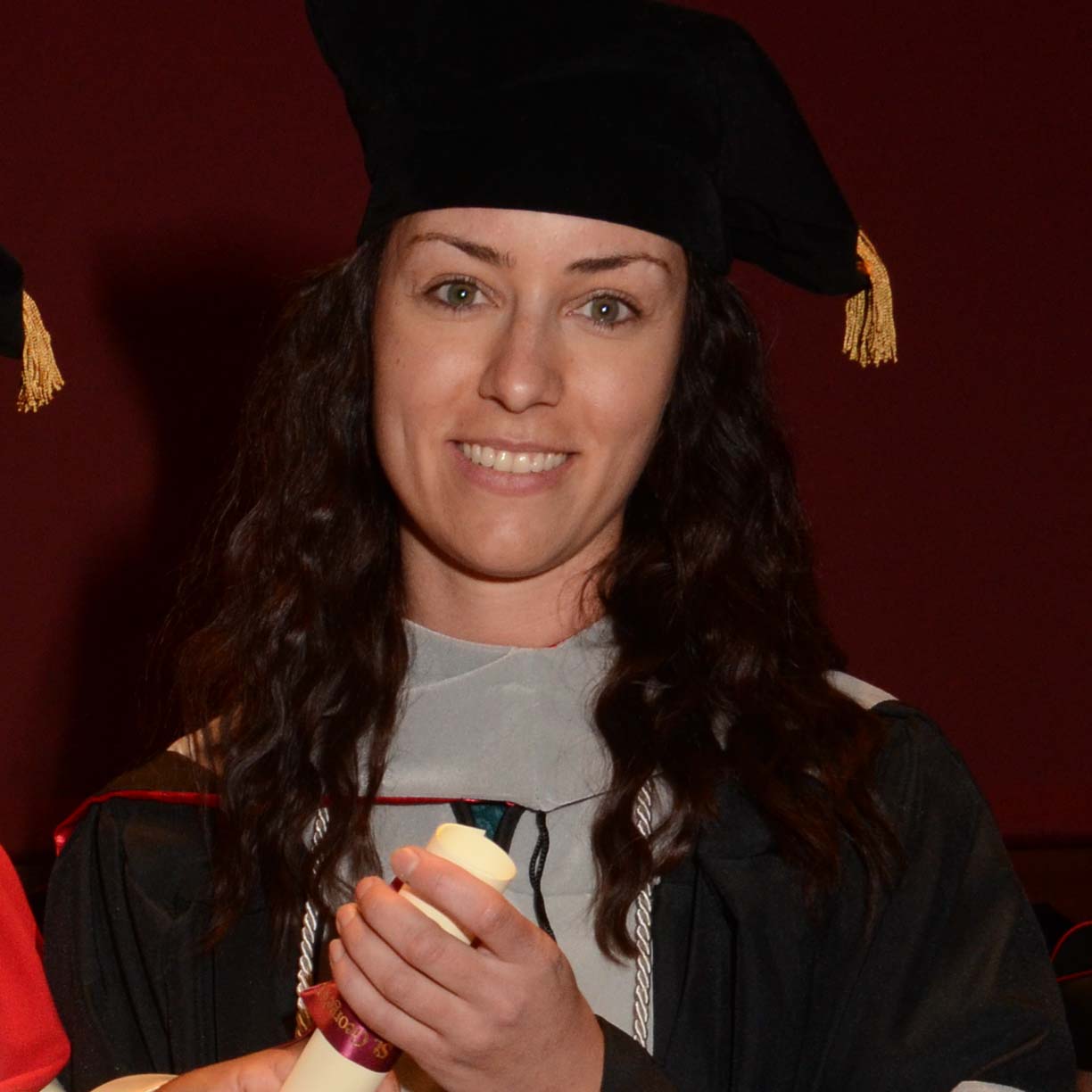Veterinary Science PhD
In-depth academic preparation for a research veterinarian career.
Advance your veterinarian education in both basic and clinical problems within animal medicine research. SGU’s PhD program builds on your postgraduate veterinary clinical training or DVM degree with in-depth research in pertinent topics, such as veterinary pathology and the intersection of animal and human health.
Our PhD program provides you the rigorous training to prepare you for work in leading research institutions, pharmaceutical companies, or government entities.
Focus Study Area and Thesis
During the veterinary PhD program, you will choose an academic focus area that you want to master in terms of both theoretical knowledge and practical application.
Choose from among nine specialty areas for your PhD.
- PhD in Anatomical Pathology
- PhD in Anatomy
- PhD in Bacteriology
- PhD in Clinical Pathology
- PhD in Marine Medicine
- PhD in Parasitology
- PhD in Pharmacology
- PhD in Virology
- PhD in Wildlife Conservation Medicine
The PhD program culminates in the production of a thesis in which you will demonstrate your advanced knowledge in an original and important contribution to your chosen area of veterinary science.
Time to Completion
Qualified postgraduate students and DVM graduates will spend between three and five years to complete veterinary postgraduate courses as a full-time candidate. Part-time candidates will spend between four and seven years to complete the program.
Admission
To pursue a Veterinary PhD degree, you must have completed an MBA, MPH, MSc, MPhil, or MA (or equivalent) and wish to pursue in-depth research. It is also open to those having a DVM degree, as well as to selected St. George’s veterinary students considering SGU’s DVM/PhD dual-degree program.
To apply to the PhD program, you must provide a:
- 1,500-word research proposal for a project that is directly related to SGU faculty members’ areas of expertise.
- Detailed, three-year research plan.
- Description of how your previous studies and experience support your proposal.
- Funding identification report that identifies possible funding sources for the project and for your research.
The PhD admissions committee will review your proposal and academic credentials to determine admission to the program.


